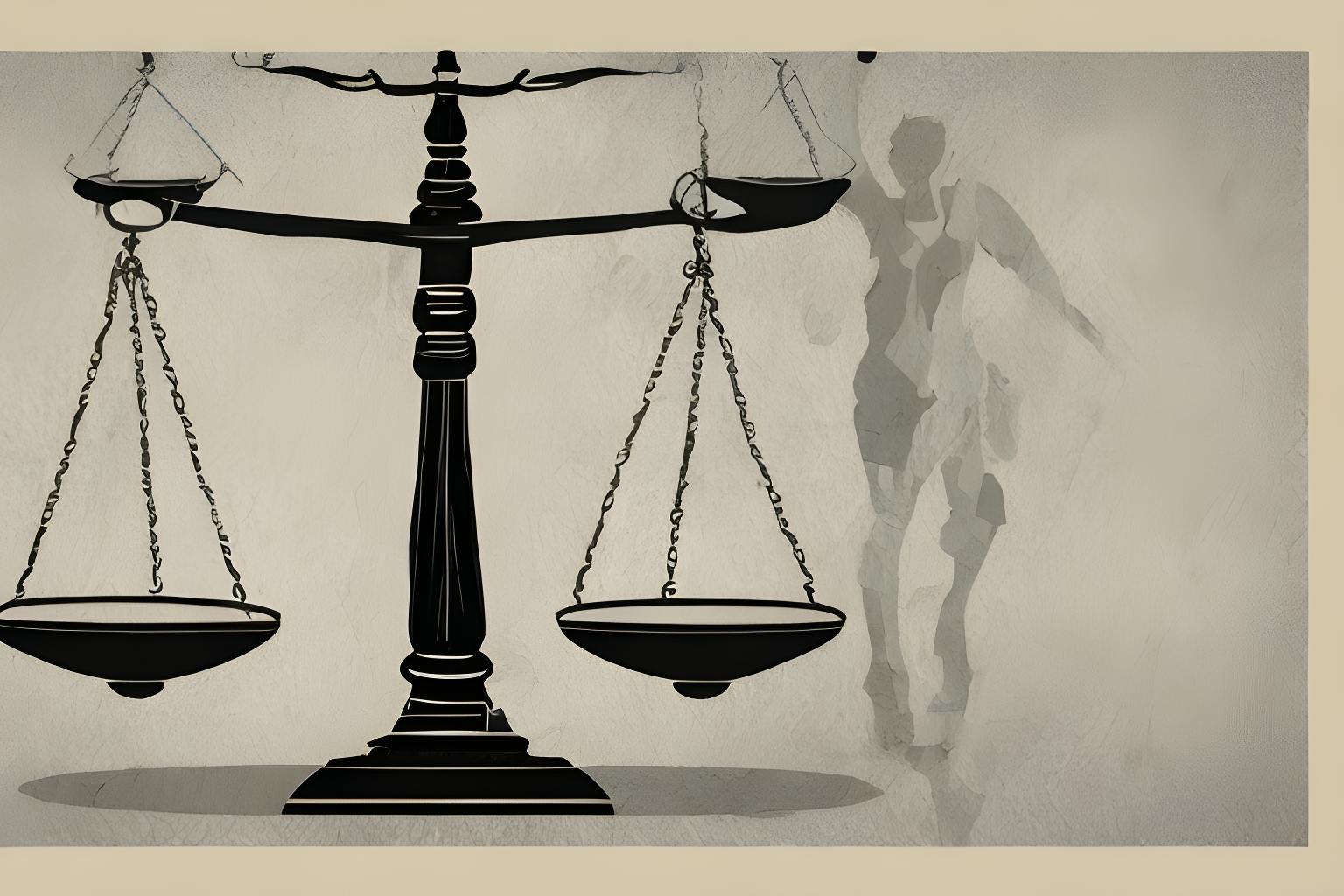175 reads
Should Apple reinstate Fortnite in its App Store? The court had no idea 🤷♀️
by
January 24th, 2023
Audio Presented by

Legal PDFs of important tech court cases are far too inaccessible for the average reader... until now.
About Author
Legal PDFs of important tech court cases are far too inaccessible for the average reader... until now.
